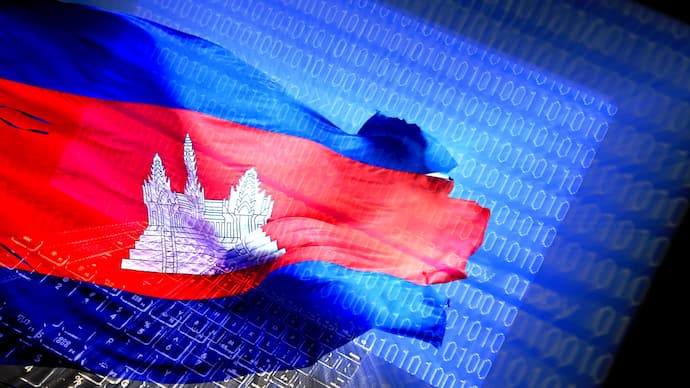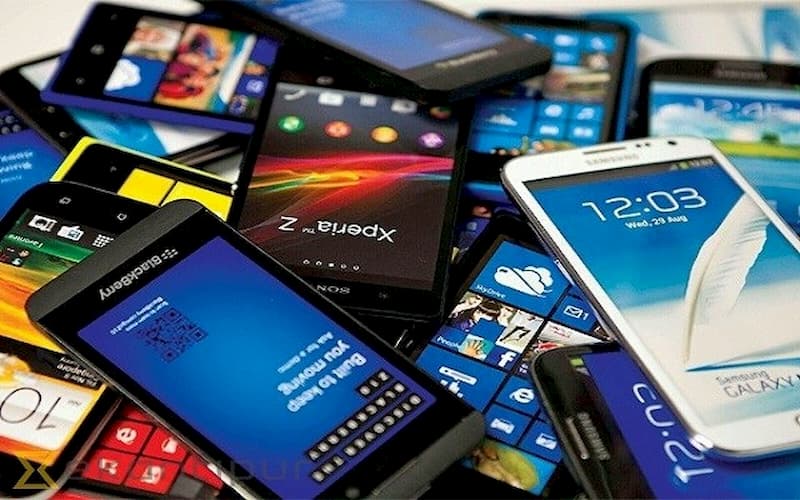Sub-decree signed on establishing Cambodian National Internet Gateway
By
B2B Cambodia
on
On Tuesday 16th February 2021, Cambodian Prime Minister Samdech Techo Hun Sen signed a sub-decree on establishing the National Internet Gateway (NIG).
 (Source photo by Nikkei)
The sub-decree is eleven pages long and is intended to also help with revenue collection, protect the national security and maintain social order, culture and tradition.
(Source photo by Nikkei)
The sub-decree is eleven pages long and is intended to also help with revenue collection, protect the national security and maintain social order, culture and tradition.

 (Source photo by Nikkei)
The sub-decree is eleven pages long and is intended to also help with revenue collection, protect the national security and maintain social order, culture and tradition.
(Source photo by Nikkei)
The sub-decree is eleven pages long and is intended to also help with revenue collection, protect the national security and maintain social order, culture and tradition.
The gateway’s operator will support authorities with “measures to prevent and disconnect all network connections that affect national income, security, social order, morality, culture, traditions and customs”.
Initial regional media reports have aligned the move as being similar to the Chinese internet firewall but the Cambodian government claims the aim of the NIG is to facilitate and manage online traffic in the Kingdom. A NIG operator will be appointed by the government and establish "a one-stop system to bring all overseas internet connections through a single point" reports Xinhuanet. Reuters reported, "Cambodia’s government has issued a decree establishing a China-style internet gateway that will allow online traffic to be controlled and monitored, prompting local concern that democratic freedoms could be under threat." You can read our article on the growth and obstacles of the digital economy in Cambodia here.Cambodian Telcos & ISP
Reports also added that the decree "gives service providers one year to connect to the gateway, but gave no timeframe for its launch." Cambodia has as many as six mobile internet and 37 fixed internet service providers by 2021. You can read more in our recent guide on telecommunications companies in Cambodia.